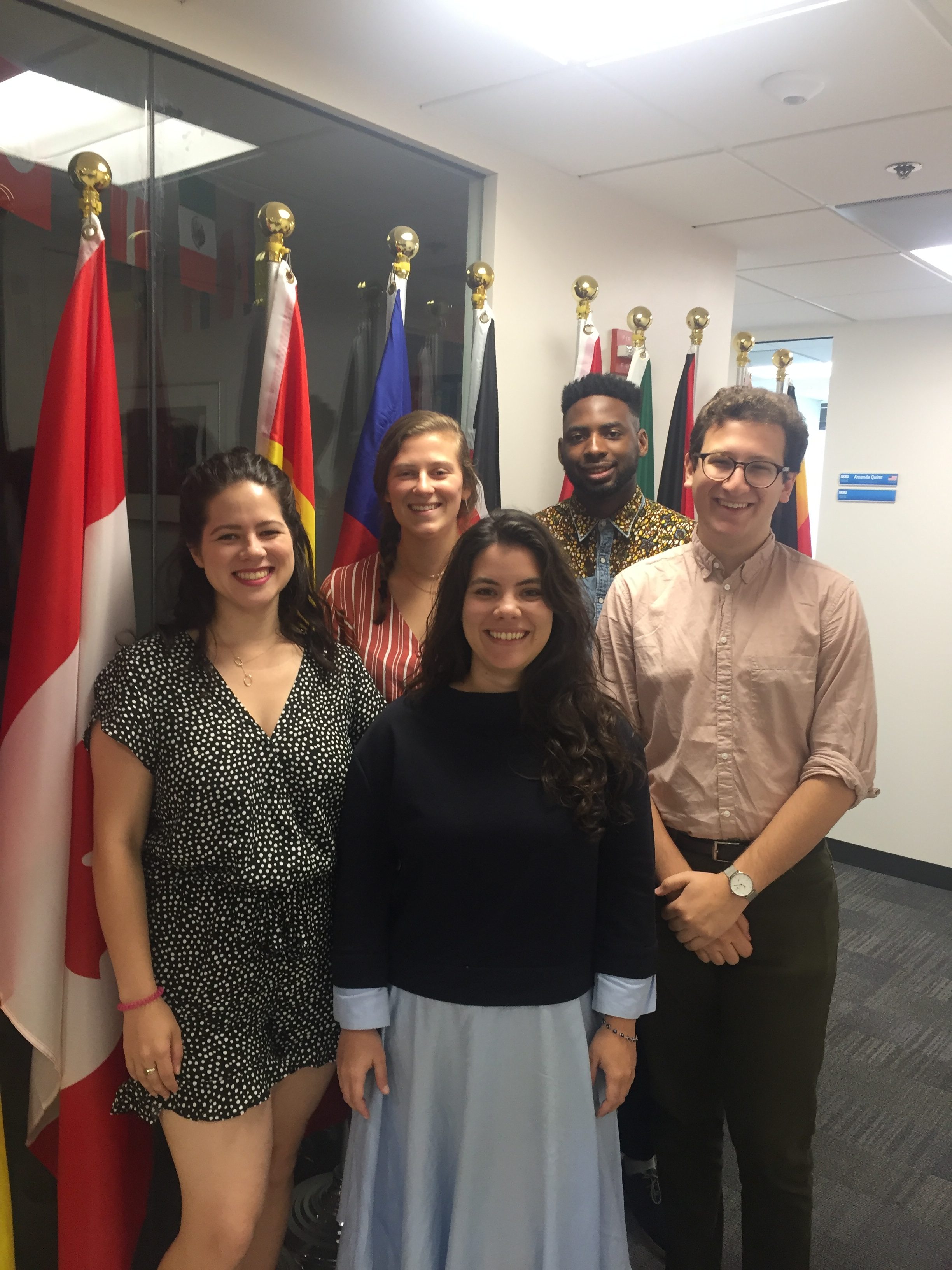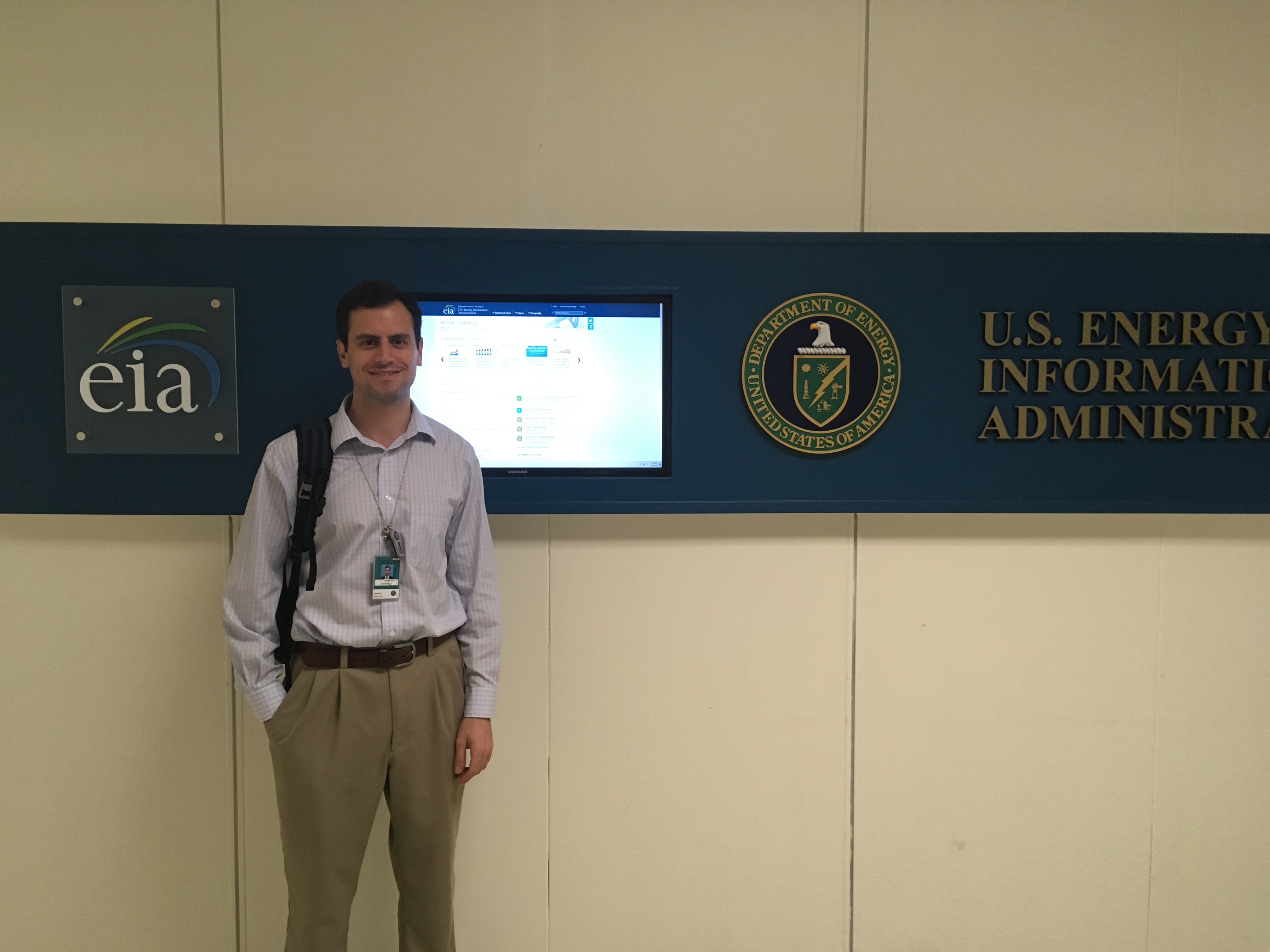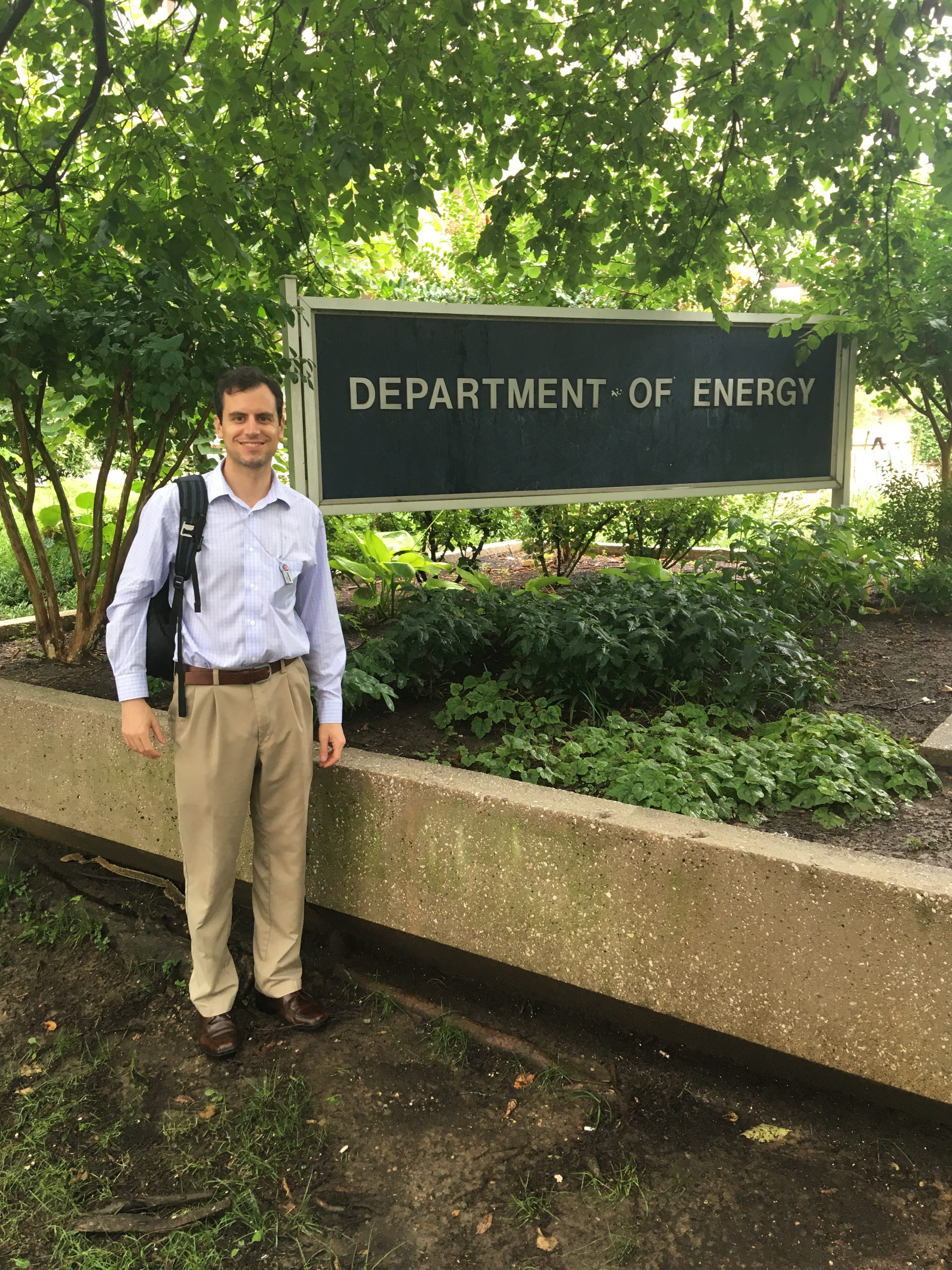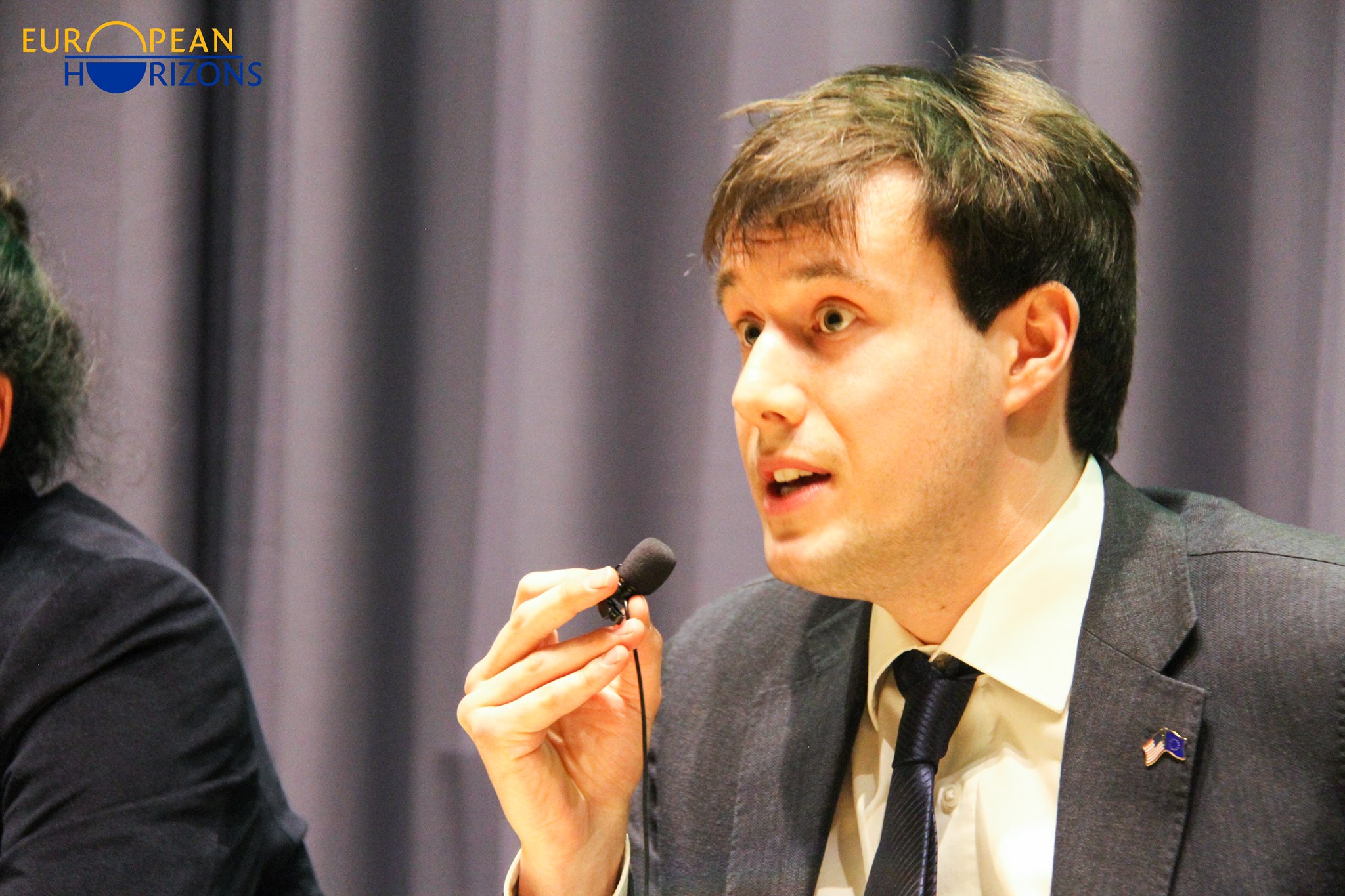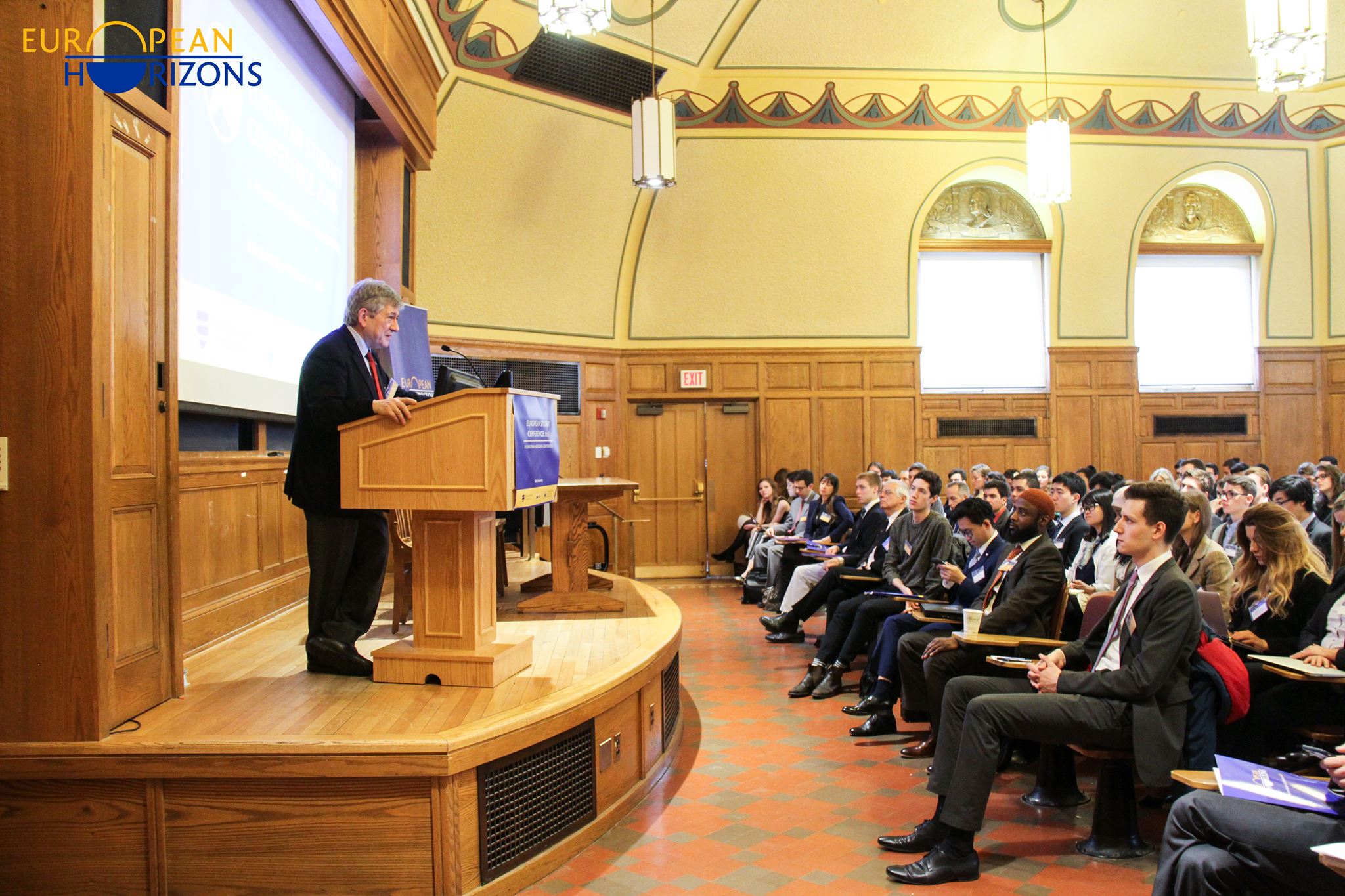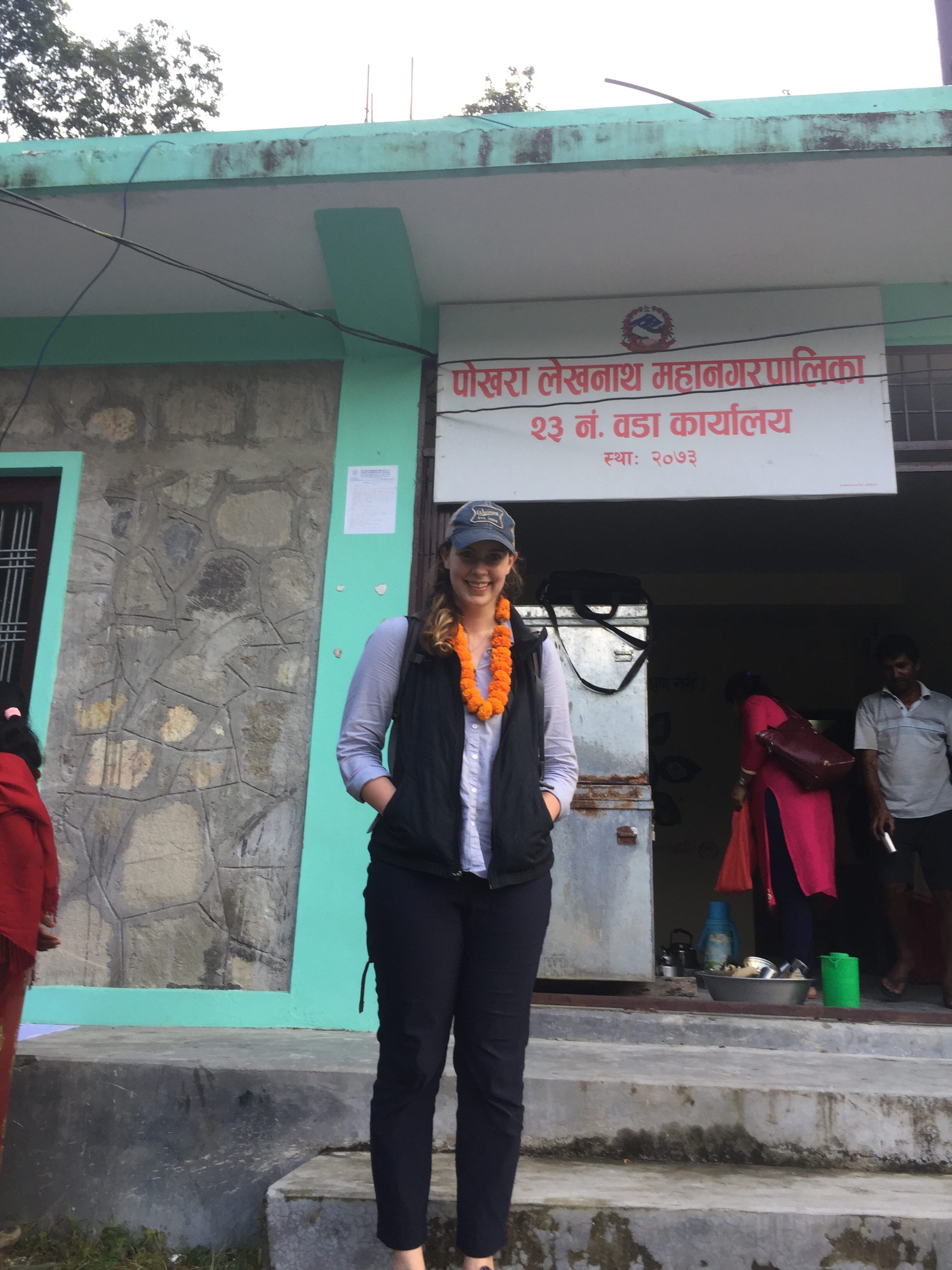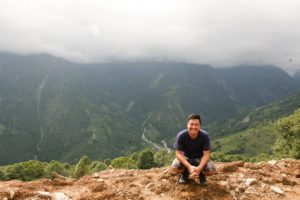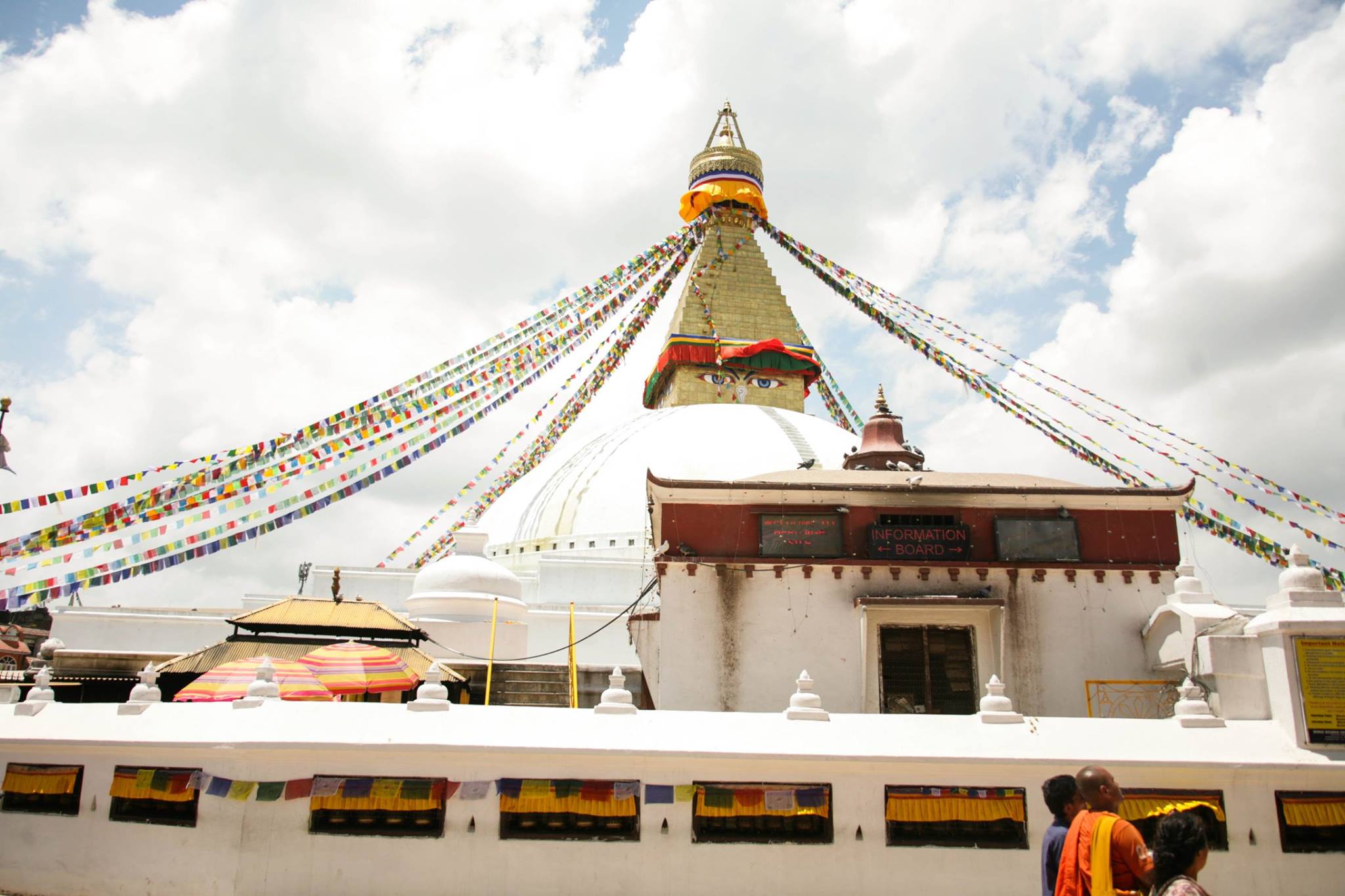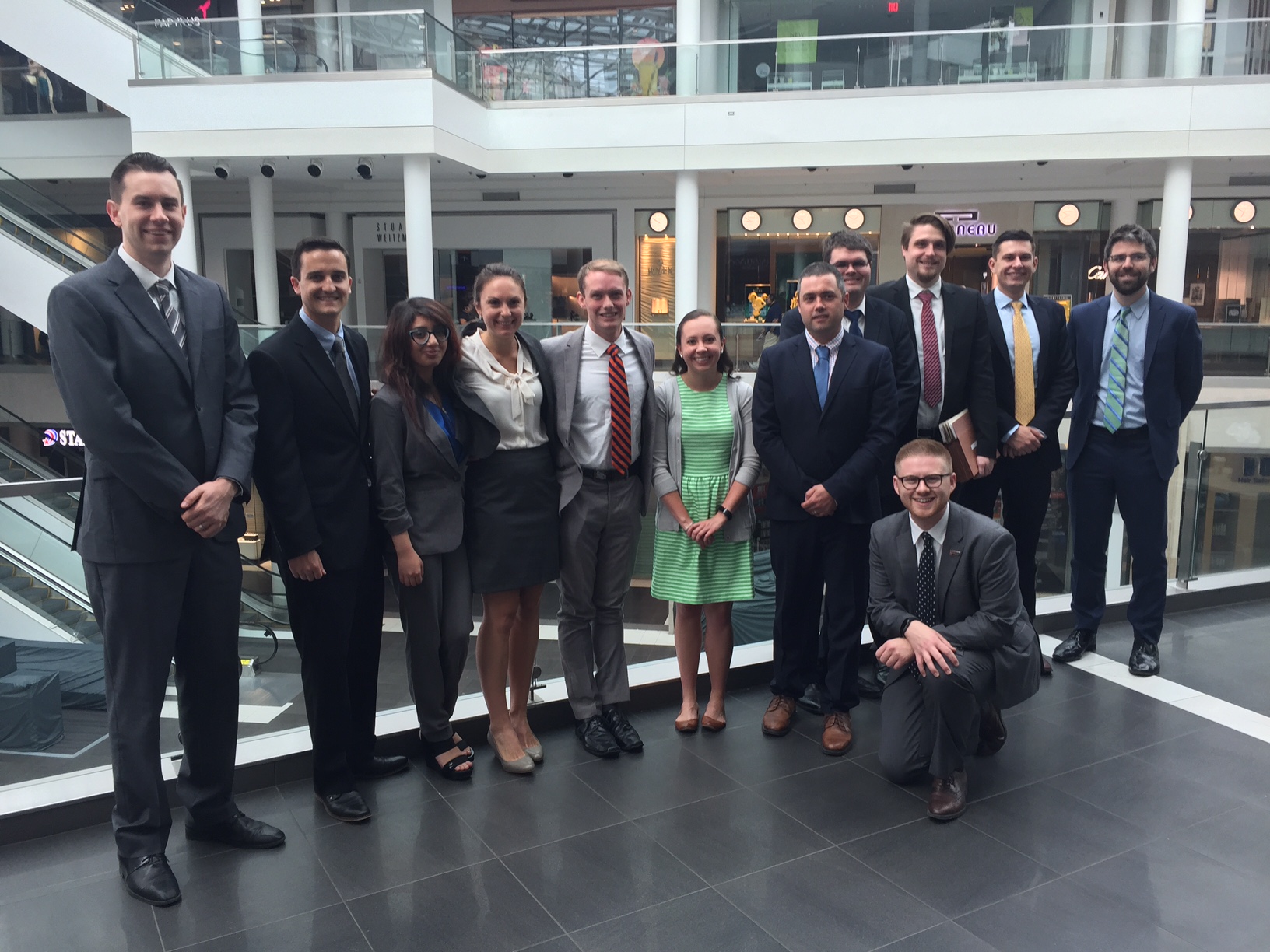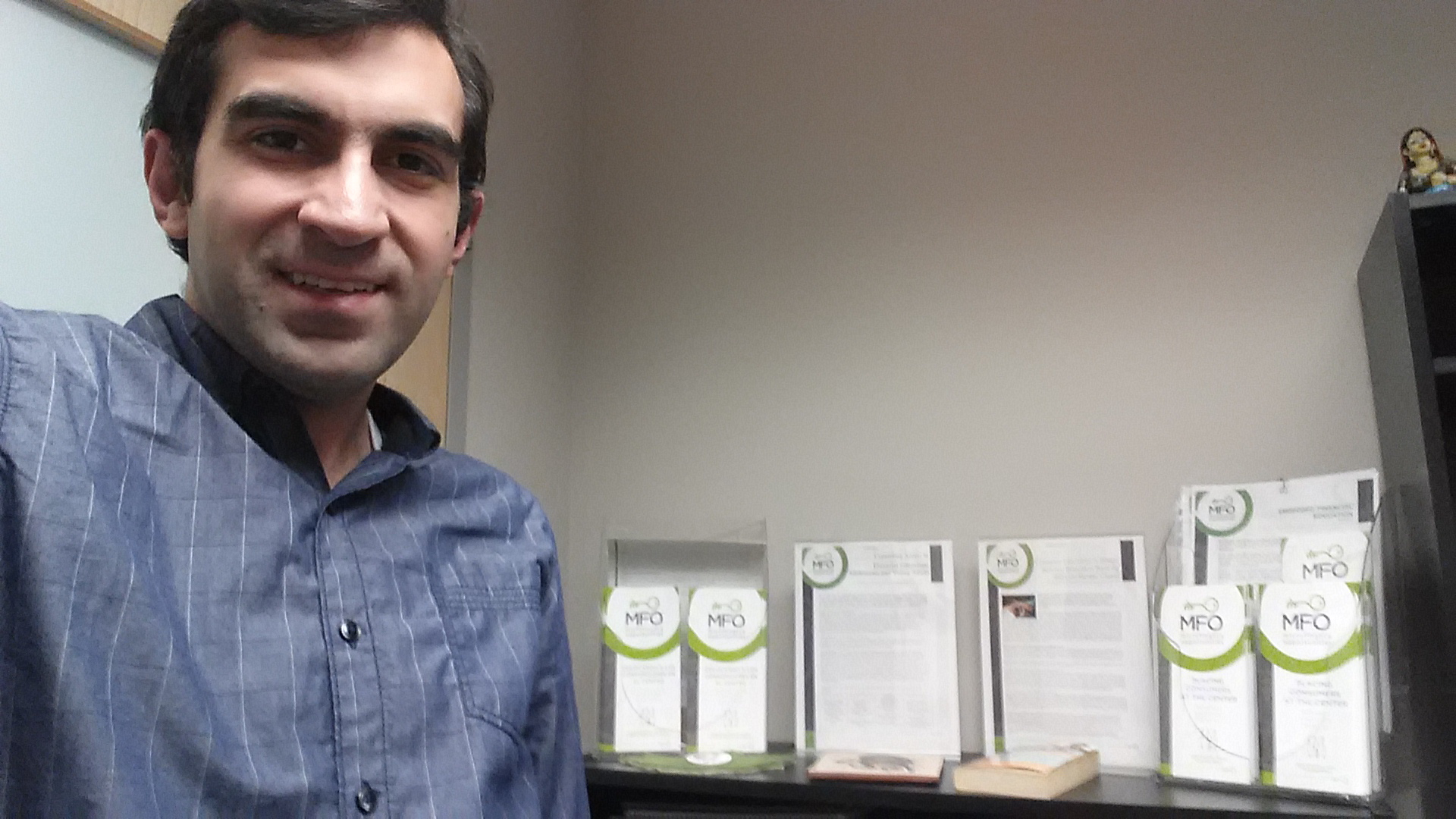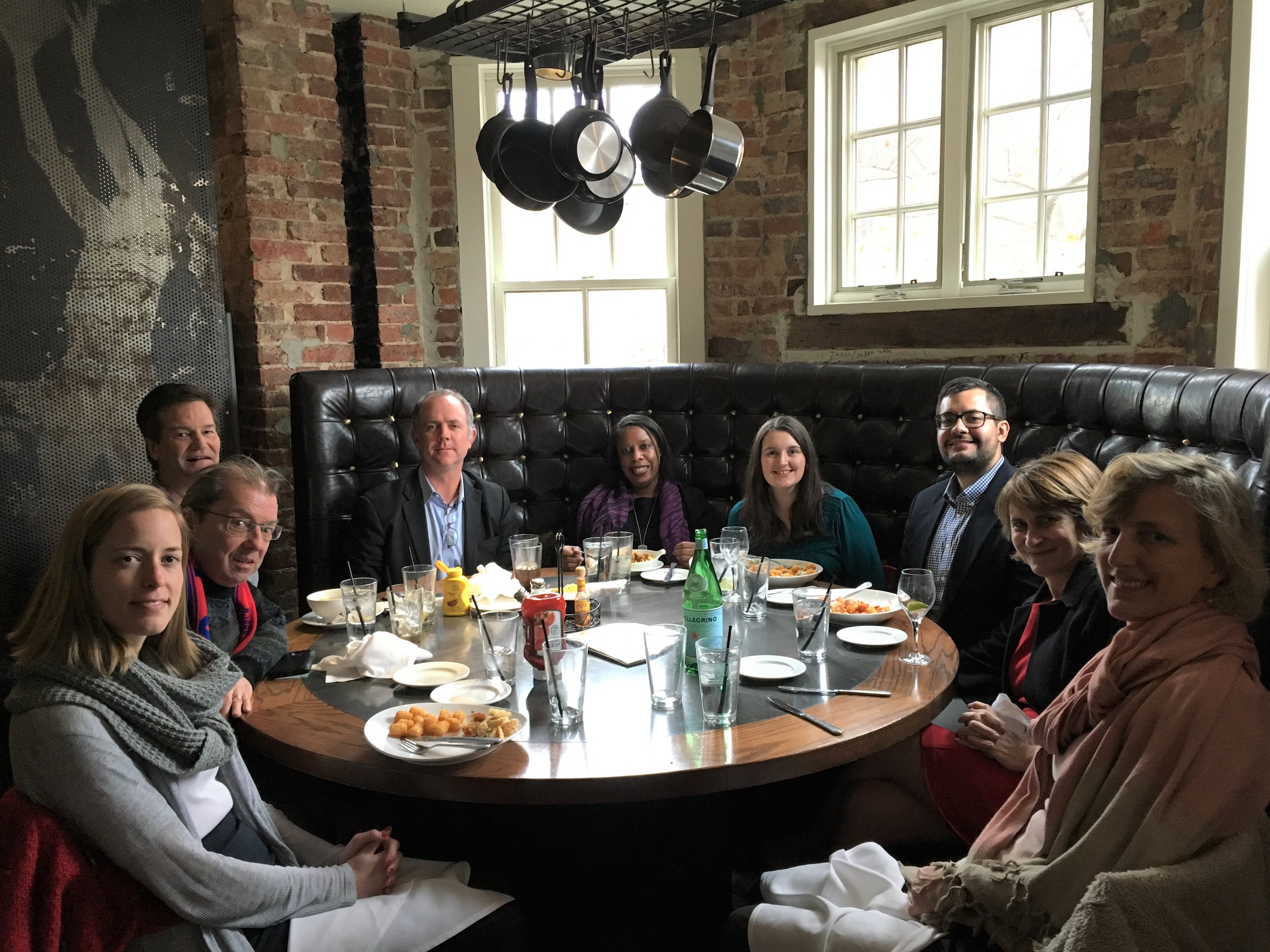This summer, I was fortunate to intern at Catalytic Communities, an advocacy NGO and think-tank based in Rio de Janeiro. The organization runs a variety of programs, but my internship was primarily focused on the Community Land Trust initiative being headed by the organization’s Executive Director. Catalytic Communities is dedicated to formulating networks of discussion between the informal and formal settlements of Rio, community mobilization, and a participatory and asset-based model of development.
The core focus of my internship was on the Community Land Trust (CLT) Initiative, which is a community-managed nonprofit organization that is established to provide permanent affordable housing and build community assets. My main role on this project was to draft materials for our planned workshops in August and to do research on the diverse application of the CLT model. My research on CLT case studies and their diverse application was published in an article for the NGO’s sister organization, “Rio on Watch” , which is a news source that profiles residents of informal settlements, informal settlement regularization efforts in Brazil, and local events in communities of interest. This research was imperative to my understanding of the applicability of the CLT model in Rio de Janeiro, as well as provided support for my education of other interns in my organization.
While I was mainly concerned with the development of the CLT Initiative in preparation for our August workshops, I was able to engage with interns completing a variety of projects. The most important of those being a study on evictions. I joined fellow interns on community visits to profile residents all over the city of Rio. These community visits were essential in helping me comprehend the effects of land speculation, post-Olympic development issues in Rio, and the failure of the government to provide essential services to its residents. In addition to these community visits, I attended community events. These community events were generally in the same communities that we profile or have the intent to profile. I emphasize these events as this enabled us as interns to see the residents of these informal settlements and strengthen our friendly relationships with them. It was also beneficial in simply getting to understand the culture of Rio.
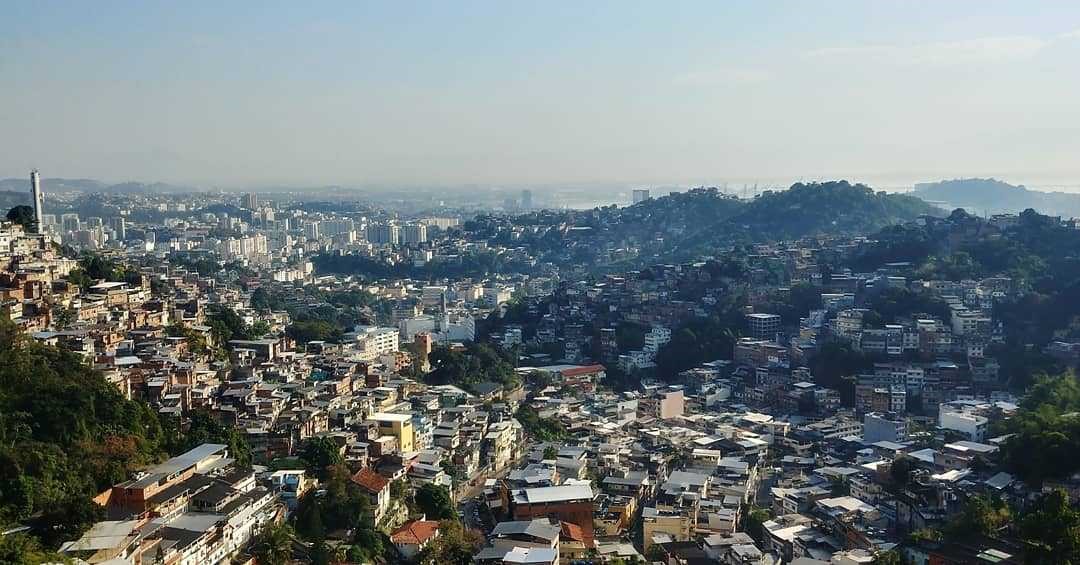
Lastly, I took the time to explore Rio’s sprawling natural landscape. I went on several hikes and, of course, visited the beach. It’s amazing to be laying on the beach in Leme staring at the waves and seeing people rappel on the Sugar Loaf Mountain in the same frame. I also went on a trip to Sao Paulo. The main intent on that trip was to, of course, enjoy myself but it provided an important comparative experience to the function and systems of Rio de Janeiro.
My time in Rio was truly amazing. I am so lucky to have been working for a great organization like Catalytic Communities. I am grateful to have been a witness to a variety of social issues in Rio including community militarization, gentrification, and land speculation. I walk away from this experience with a confidence in what I want to accomplish professionally, one that I didn’t have before.
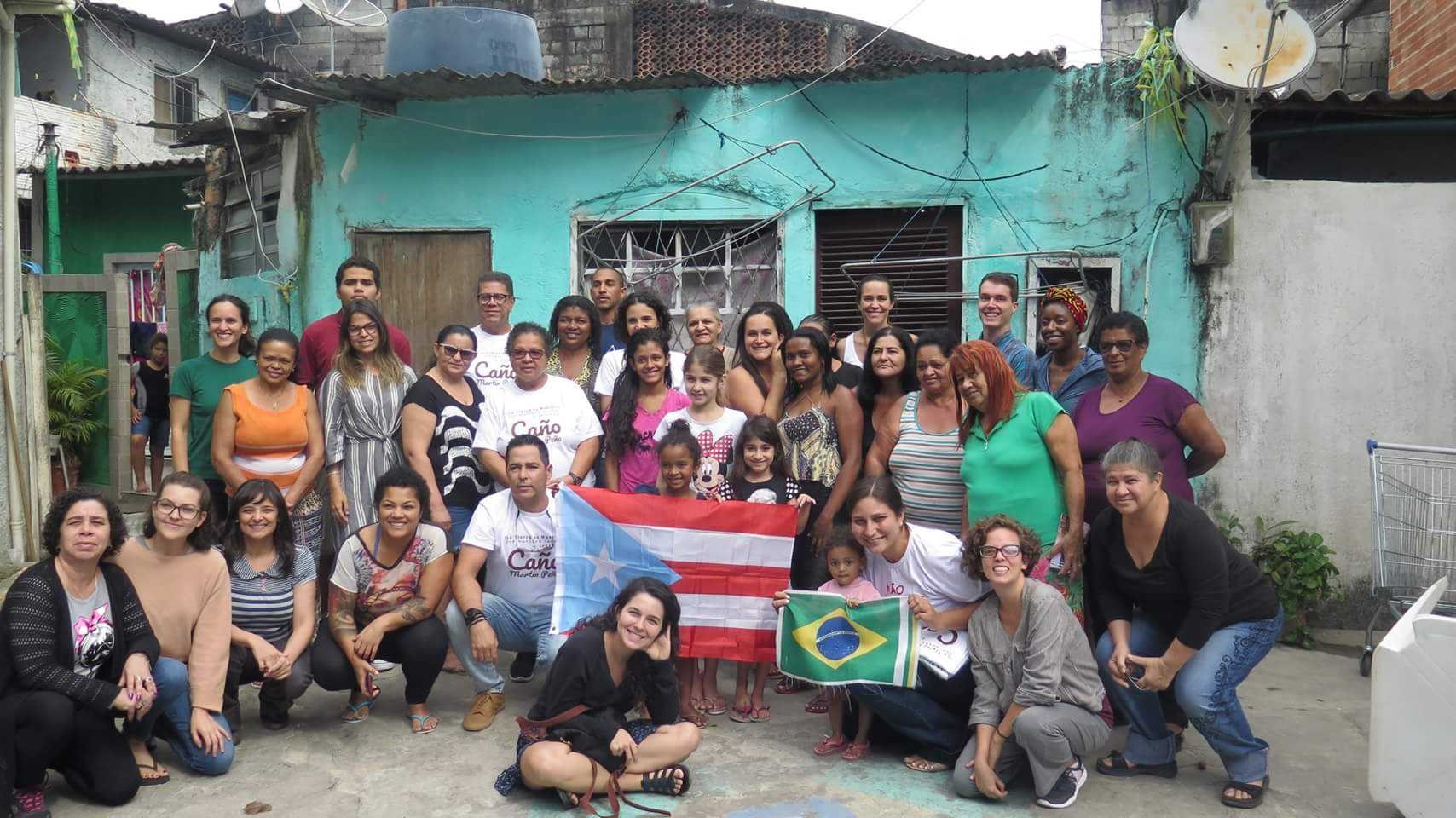
Victoria Fanibi is a graduate of Maxwell’s MAIR program. After completing her independent internship in Brazil, she finished her degree through Maxwell’s World Partner Program with Tsinghua University in Beijing.

